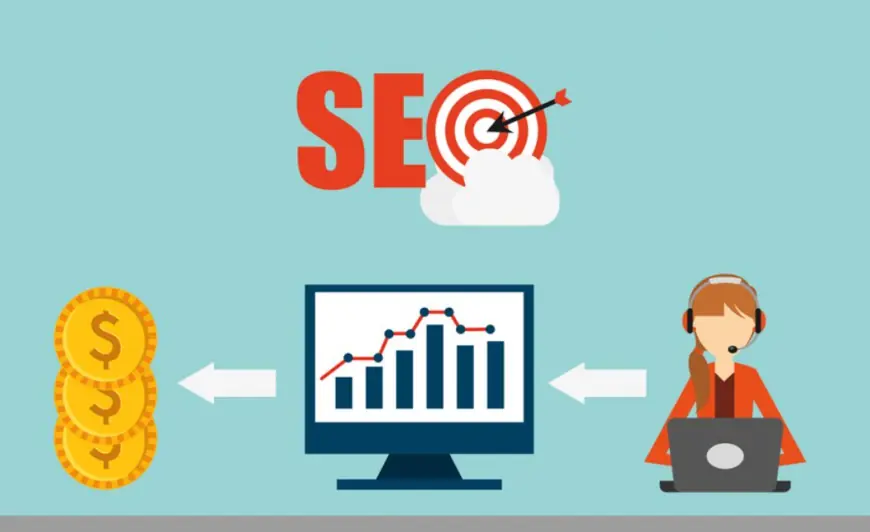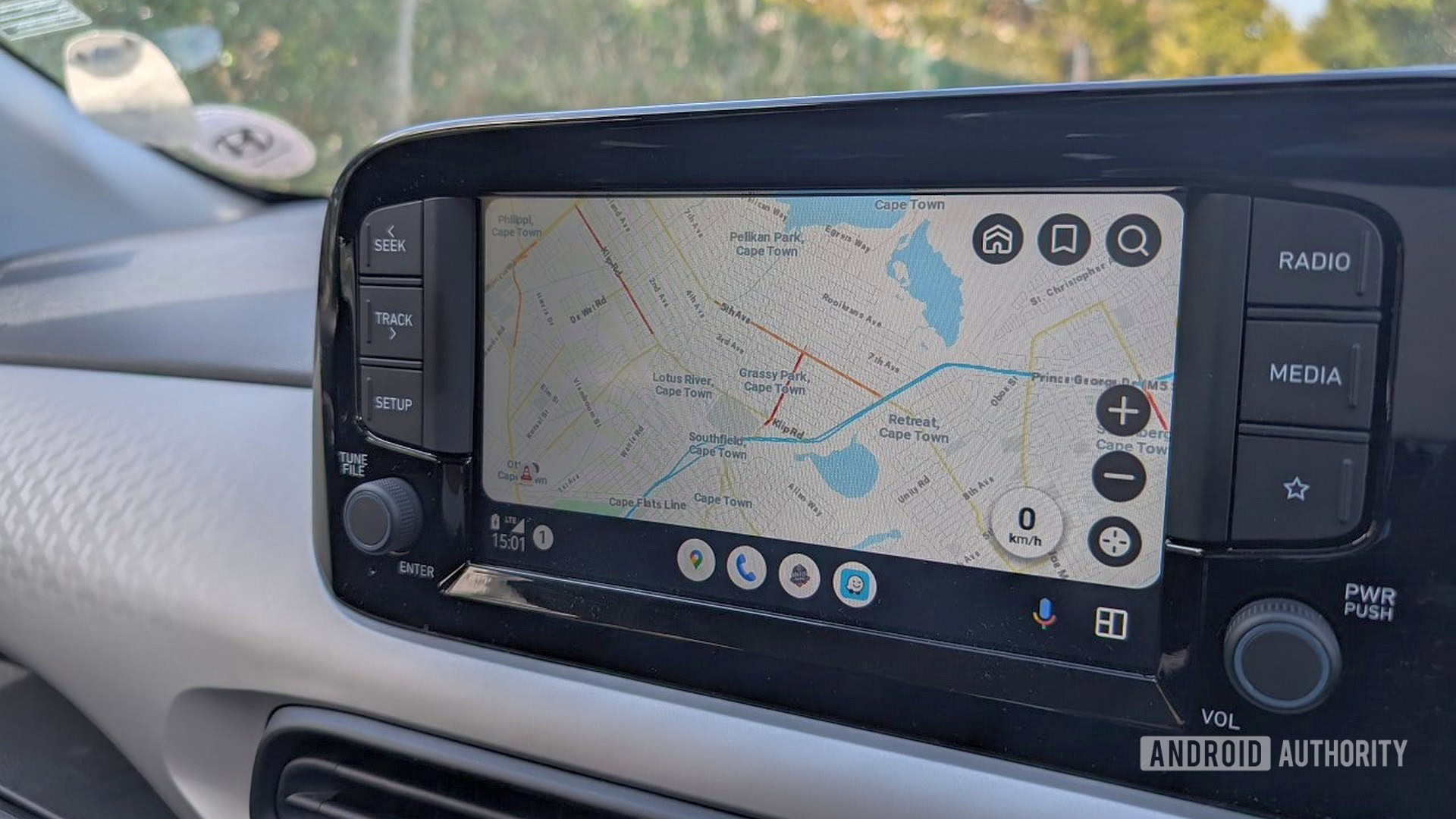Top eCommerce SEO Trends for 2025: What D2C Brands Should Know
Here are the top trends shaping eCommerce SEO in 2025 that your D2C brand needs to embrace.

The digital marketplace continues to evolve at lightning speed, and staying ahead is crucial for D2C brands. In 2025, eCommerce SEO will play a pivotal role in determining online success. As a leading eCommerce SEO agency, DigiAcai helps brands optimize their strategies for sustainable growth. Here are the top trends shaping eCommerce SEO in 2025 that your D2C brand needs to embrace.
1. Voice Search Optimization
Voice search is growing rapidly as consumers increasingly rely on smart devices. Queries made through voice search tend to be conversational and question-based. D2C brands should optimize for long-tail keywords and natural language to capture this traffic. Featured snippets and FAQ pages will also play a crucial role.
Actionable Tip: Implement structured data to improve the chances of being featured in voice search results. Schema markup can enhance content discoverability.
2. AI-Driven Personalization
Artificial Intelligence is transforming eCommerce SEO. AI helps brands understand user behavior, preferences, and intent. This information can be used to create personalized content and product recommendations, boosting engagement and conversions.
Actionable Tip: Use AI tools to analyze customer data and tailor your SEO strategy accordingly. Platforms like Google Analytics 4 offer insights into user interactions.
3. Mobile-First Indexing
Google’s mobile-first indexing has made responsive design a necessity. Most online shoppers use mobile devices, so D2C brands need to ensure their websites are mobile-friendly. Slow-loading pages or poor navigation can lead to lost opportunities.
Actionable Tip: Use Google’s Mobile-Friendly Test to identify and resolve issues. Ensure your site’s core web vitals are optimized for mobile users.
4. Enhanced Visual Search
Visual search is gaining traction as consumers look for products using images. This trend is particularly relevant for fashion, home décor, and lifestyle brands. Optimizing images with relevant alt text and high-quality visuals is essential.
Actionable Tip: Use image optimization tools to compress files without losing quality. Add descriptive alt tags that include targeted keywords like “eCommerce SEO” to improve search rankings.
5. Video Content Optimization
Video content remains a powerful tool for engagement. Tutorials, product demos, and reviews can drive traffic and improve dwell time on your website. Platforms like YouTube also serve as search engines, making video optimization a vital part of eCommerce SEO.
Actionable Tip: Optimize video titles, descriptions, and tags with keywords. Embed videos on your site to boost page rankings.
6. Local SEO for eCommerce
Even D2C brands with a national or global reach can benefit from local SEO. Localized content helps attract nearby customers. Google My Business profiles and localized landing pages are crucial tools for this strategy.
Actionable Tip: Create content tailored to local audiences. Add location-based keywords and ensure consistency in your business information across all directories.
7. Focus on Core Web Vitals
Google prioritizes user experience through metrics like loading speed, interactivity, and visual stability. Optimizing core web vitals is non-negotiable for eCommerce brands aiming for top search rankings.
Actionable Tip: Conduct regular audits of your site’s performance. Tools like PageSpeed Insights can help identify areas for improvement.
8. Sustainability as a Ranking Factor
Sustainability is becoming a consumer priority. Search engines are recognizing the value of ethical and eco-friendly practices. Highlighting sustainability initiatives can improve your brand’s SEO performance and consumer trust.
Actionable Tip: Publish content about your sustainability efforts. Use keywords like “eco-friendly products” to attract environmentally conscious shoppers.
9. Advanced Keyword Strategies
Traditional keyword strategies are evolving. Semantic search, user intent, and question-based queries are gaining importance. D2C brands must focus on creating comprehensive content that answers user questions and aligns with search intent.
Actionable Tip: Use tools like SEMrush or Ahrefs to identify high-value keywords. Build topic clusters to cover related queries comprehensively.
10. E-A-T: Expertise, Authoritativeness, Trustworthiness
Google emphasizes E-A-T in its algorithm. Brands that establish themselves as authorities in their niche will rank higher. High-quality content, credible backlinks, and social proof are essential for building E-A-T.
Actionable Tip: Collaborate with influencers and industry experts. Encourage satisfied customers to leave reviews, enhancing trustworthiness.
Why Choose DigiAcai for Your eCommerce SEO Needs?
As a specialized eCommerce SEO agency, DigiAcai understands the unique challenges faced by D2C brands. Our proven strategies ensure improved rankings, better engagement, and higher conversions. Here’s how we help:
-
Tailored Solutions: Each brand is unique, so we create customized SEO strategies that align with your goals.
-
Data-Driven Insights: Our team uses advanced analytics to track performance and refine campaigns.
-
Comprehensive Support: From technical SEO to content optimization, we cover every aspect of eCommerce SEO.
Preparing Your D2C Brand for 2025
The digital landscape is shifting, and staying ahead means adapting to these trends. Voice search, AI-driven personalization, and mobile-first indexing are shaping the future of eCommerce SEO. As a trusted eCommerce SEO agency, DigiAcai is here to guide your brand every step of the way.
Investing in these strategies now will ensure your brand remains competitive in 2025 and beyond. Let DigiAcai help you unlock your eCommerce potential.
What's Your Reaction?
 Like
0
Like
0
 Dislike
0
Dislike
0
 Love
0
Love
0
 Funny
0
Funny
0
 Angry
0
Angry
0
 Sad
0
Sad
0
 Wow
0
Wow
0














































